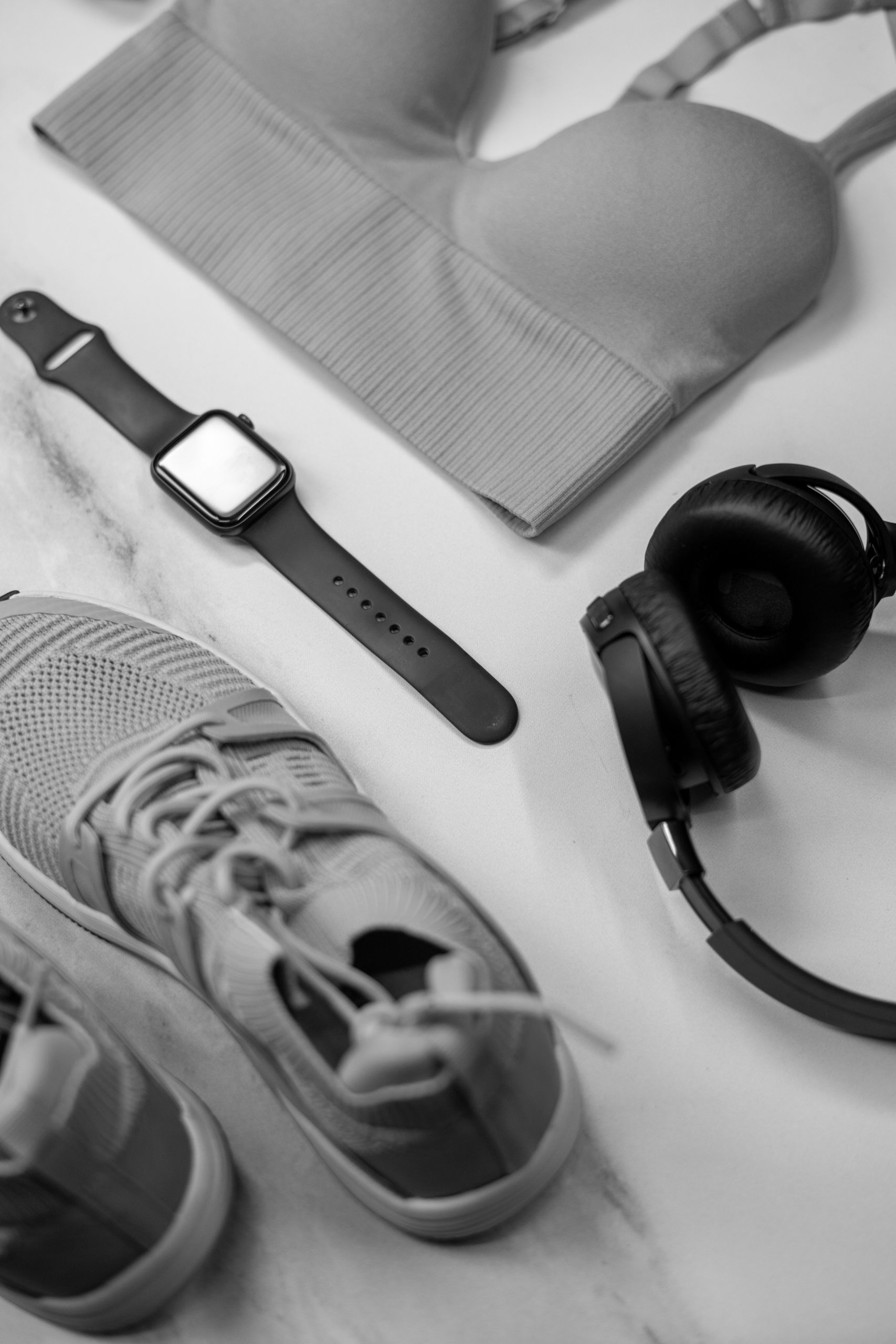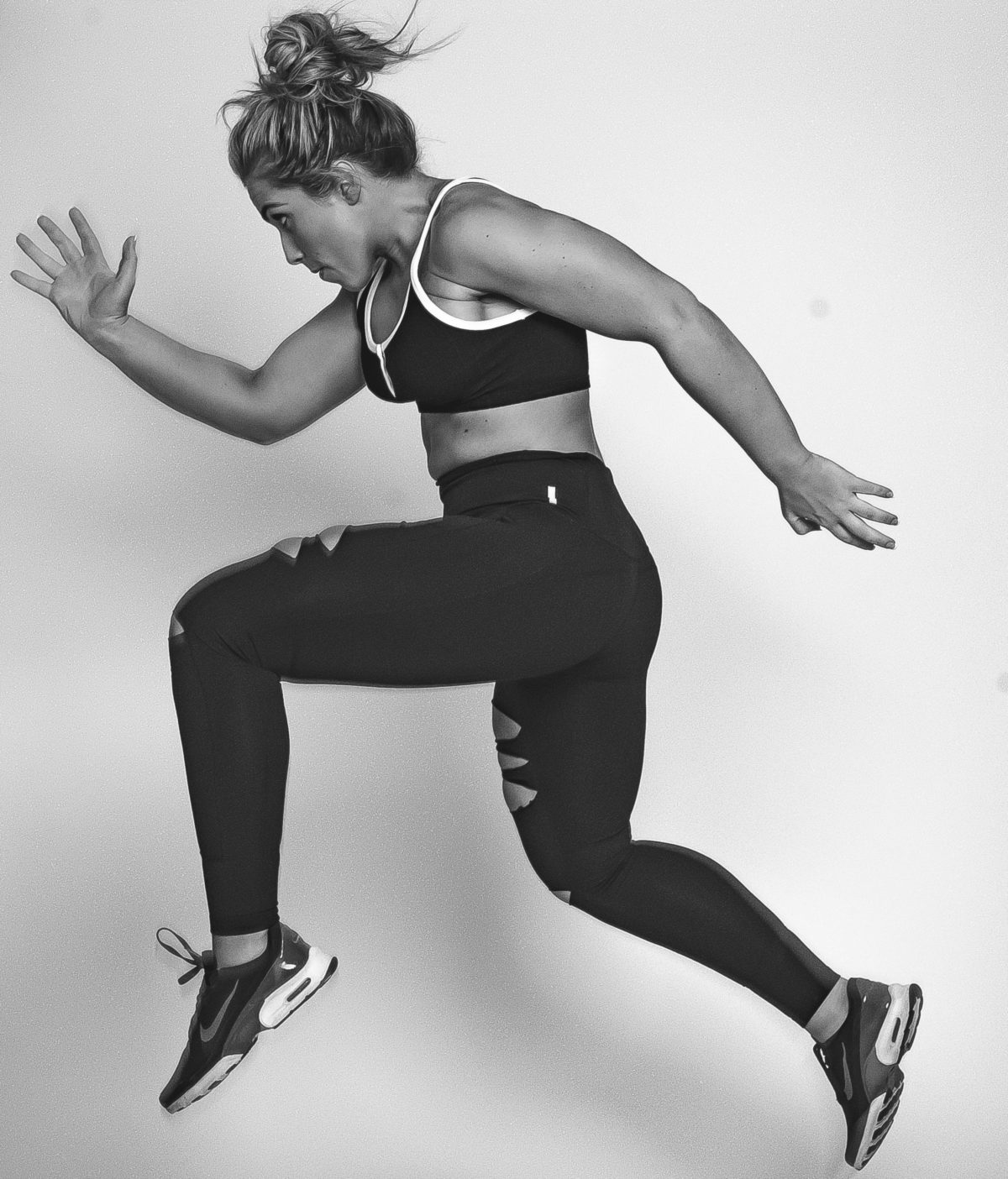Let’s face it: dragging yourself out of bed at 6:00 in the morning and getting to the gym isn’t always fun. Staying motivated to workout can be hard for everyone. This is particularly true as the days get colder and the holiday season gets into full swing. You’re probably busy, cold, and tired.
If you’re feeling a lack of workout motivation, that’s okay. It happens to the best of us. However, consistency is key to seeing workout results. There are many things you can do, big and small, to rekindle that fire of motivation and set you back on track to meeting your fitness goals.
Here are our 6 favorite tips for staying motivated to workout, even when it’s the very last thing you feel like doing.
1. A strong support network (and some friendly competition)
When you work out alone, it can be hard to motivate yourself and easy to skip a day. However, if you’ve got some friends on a similar fitness journey, you can hold each other accountable. Maybe it’s people from your CrossFit box, or your basketball team, or a running buddy.
If you have friends into fitness, embrace competition to help push you to your highest potential. Studies have shown competition to be the best source of workout motivation.
You can try making a group chat to send each other motivating things, challenge each other, and make plans to work out. Having someone who expects you to show up and workout with them is a big boost of motivation.
2. Embrace group fitness
Many people find group fitness, such as CrossFit, an effective way to stay motivated. When the movements are all planned for you, all you really need to do is show up. It requires much less planning than other types of fitness.
Group fitness has an energy far more “electric” than the vibe of a regular gym session. The buzz of other people putting in their all is a great way to keep going in moments you’re struggling.
Plus, when you get to know the other participants and instructor, you’ll start looking forward to the class. When you form some friendships with these people, it helps with the accountability which can be super helpful for staying motivated to workout.
3. Set some goals – and reward yourself when you meet them
Write down a range of goals, big and small. Make sure these goals are concrete, realistic and achievable. A good small goal could be to work out at least 4 times a week for a month. A long term goal might be to run your first marathon by the end of the year.
When you complete your goals, make sure to reward yourself. Otherwise, you’ll stop caring about them and taking them seriously. A reward can be anything you like. For instance, you could celebrate by going to a restaurant, buying new workout gear or watching the last episode of your favorite show.
4. Put on your workout clothes anyway
This tip is so simple, but more effective than you’d think. When you can’t be bothered, just go and put on your workout clothes. Simply being in the gear is often enough to put you in the fitness mindset and push you to actually go workout.
Plus, it would feel a bit silly to get changed back out of the workout clothes if you hadn’t even worked out in them. No harm in a quick 20 minute workout, just to make it feel worth it, right?
5. Write down how you feel after your workouts
The post-workout endorphins, sometimes called a runner’s high, is an amazing feeling. For many people, it can be addictive. Still, sometimes it can be hard to recall just how good that feels.
Next time you’re riding that high after a workout, make a note in your phone about how you feel. Then, when you’re struggling to gather the energy to workout, read your testament for how good the workout will make you feel. Hopefully, your past self will be able to convince your present self that the workout is totally worth it.
6. Make working out a rule, not an option
Create a routine where working out fits in. Make it so that there’s nothing else on at that time that you could argue is a better use of your time. Then the hard part – stick to the schedule until it becomes a habit.
When you started brushing your teeth as a kid, you probably didn’t always want to do it. You might not have always felt highly motivated to go do it. But you did it anyway, because it was a rule. And now it’s a habit.
This is probably the main thing you can do for staying motivated to workout. When working out becomes a habit, motivation doesn’t matter so much anymore. It’s just a part of your lifestyle.










